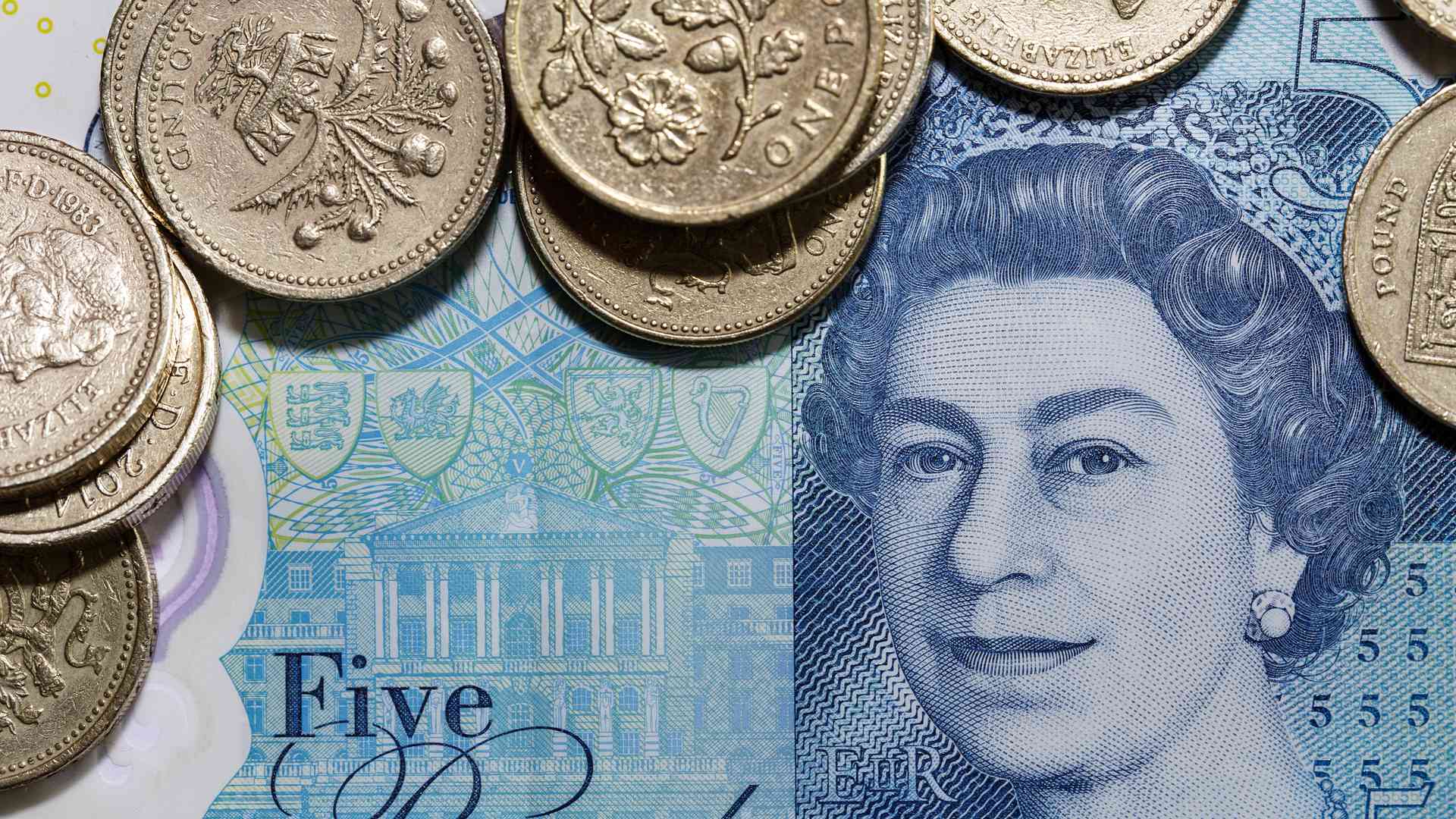Planned benefit cuts will see low-income households feel the full effect of future recessions, claims the Institute for Fiscal Studies.
Research from the Institute of Financial Studies (IFS) published today found that the poorest 30 per cent of working-age households would see their after-tax incomes fall by an average of 53p for every £1 fall in pre-tax earnings, should the financial crash of 2007-08 and 2011-12 be seen again. However, if the cuts were halted, this would fall be an average of only 39p to the £1.
Benefit cuts would see some working households currently receiving in-work benefits no longer entitled, and so wouldn’t see their benefits rise as soon as their earnings fall. Some of those who are still entitled would see benefits rise less when earnings fall.
Planned cuts to benefits will leave low-income households more exposed to the next recession 4/ 4 pic.twitter.com/TJUn0AWi2X
— Institute for Fiscal Studies (@TheIFS) November 8, 2017
Research showed that the tax and benefit system played an important role in reducing inequality during the most recent recession, with households actually seeing their incomes rise during this time, thanks to increases in some benefits, most significantly child tax credit.
But with the Office for Budget Responsibility putting the chance of a recession in any five-year period at 50:50, economic uncertainty is certainly at a high. And with that, any future recession will result in less support to low-income households, leaving them vulnerable to any decrease in earnings.









